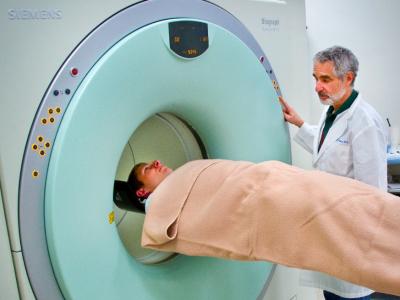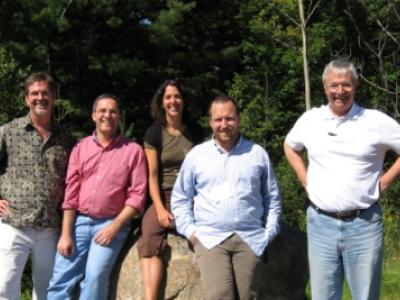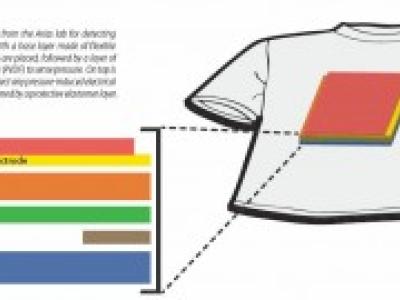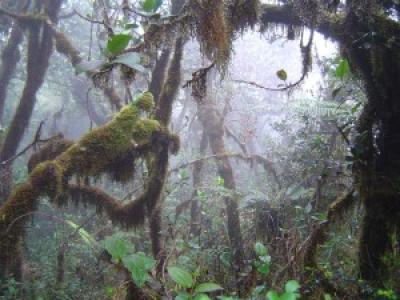The search for the earliest signs of Alzheimer's
For the past five years, volunteers from the City of Berkeley and surrounding areas have come to Berkeley Lab to participate in an ongoing study that’s changing what scientists know about Alzheimer’s disease. The goal of the Berkeley Aging Cohort Study is to reveal how our brains change as we age.









